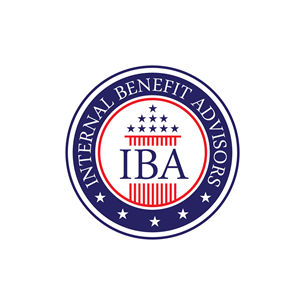- April 9, 2021
- Posted by: karren DiLevi
- Category: Retirement


Individual Retirement Account :- Some of us may have already filed our federal income tax returns and many of us are expecting refunds. In fact, many of us plan on receiving a nice refund each year. This refund gives us money for vacations. Also allows us to save for a major purchase (like a new car). Helps us build our emergency fund, and lets us set more money aside for our retirement.
As long as we have earned income for the year, we can contribute $6,000 to an Individual Retirement Arrangement (IRA). We can contribute $7,000 if we are 50 or older (including the year in which we turn 50). Perhaps you should consider using your tax refund to fund an IRA. If you act before April 15, 2021. (June 15 if you are affected by the natural disaster in Texas). You can contribute to either or both a 2020 and a 2021 IRA.
If you’ve already filed your return and you’re eagerly anticipating your refund. So you can contribute to your IRA after you receive that refund. If you don’t yet have an IRA, it’s easy to set one up. More financial companies than you can shake a stick at offer IRAs. And will be happy to help you set one up.
File Your Return If you haven’t yet filed your return. You can set it up so that your refund is directly deposited into your IRA right on your Form 1040. Once you know how big your refund will be, decide how much, you want to contribute to your Individual Retirement Account (IRA). Keeping the annual contribution limit in mind. You can only direct your refund to one account on your 1040, so if you want to direct it to more than one account, you want to use Form 8888. As with all IRS Forms, read the instructions carefully before you file them.
If you want to direct your refund to a 2020 IRA. Make sure that it will be deposited before April 15th. (June 15th for those affected by the Texas disaster). And make sure that the IRA custodian is aware that you want it treated as a 2020 contribution. When in doubt, it’s probably better not to try and make a “prior year” contribution out of your tax refund.
Not everyone plans taxes to receive a large refund. Many say that, by planning for a large refund, you are giving an interest-free loan to Uncle Sam. I ask you, however, who is more deserving of an interest-free loan than our favorite uncle? If you fall into the group that seeks no large refund at tax time. Consider taking the extra take-home pay you receive each pay period. And funding an IRA by means of a payroll allotment. Or by direct debit from your checking account.
Being frugal and setting money aside for retirement was recognized as a good thing. Even before the concept of retirement became common. The Roman philosopher Seneca (1 BC – 65 AD) said, “Economy is a great source of revenue.”
Written by John Grobe of Fedweek.

